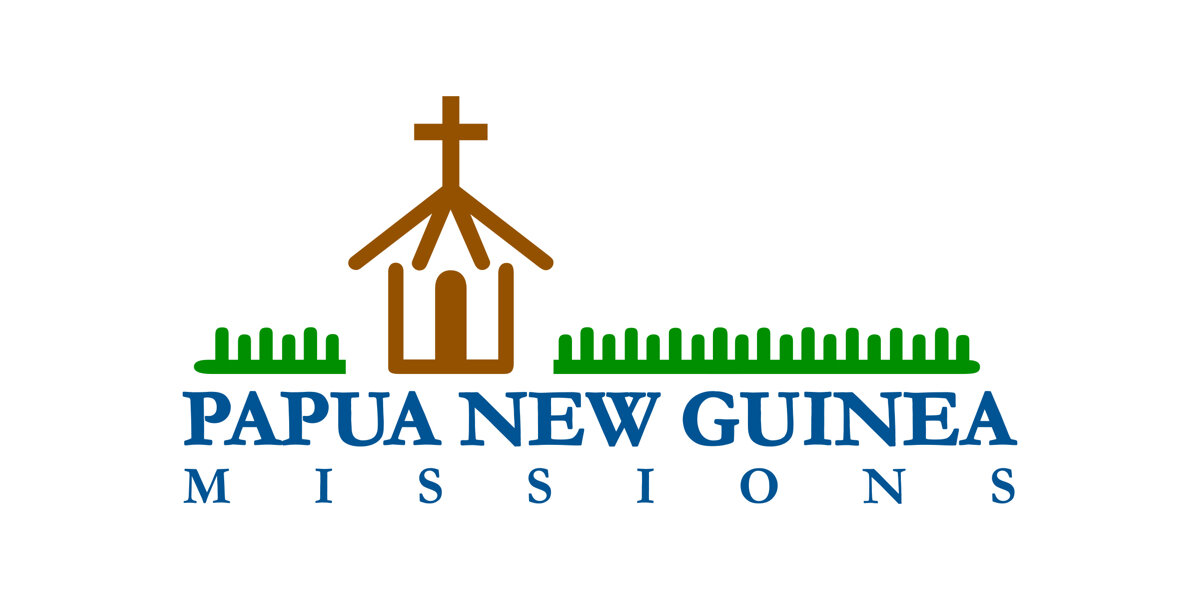This post was written by Ray Gibello
In the previous blog I wrote about my call to missionary work. Now I want to address the questions:
Of all the countries in the world, why Papua New Guinea? And why the Angave?
Again there are both human answers and God answers.
Regarding the first question, the human answer is that Cheryl grew up in PNG. Her parents were still missionaries there when the Lord called us in the early 1980's, and so, humanly speaking, that was the logical place to go.
There were people in PNG who had never heard the gospel, people groups among whom an evangelical missionary had never lived, people with no scripture in their tribal language; no Christians, no churches, nothing! So, here was the real question: could we find a place that was more needy than a place that had nothing? And of course the answer is "No."
PNG was an open door, with plenty of opportunity and need, and there were missionaries working there whom we already knew; why look further?
So we went to PNG in 1983 with Amos 3, Rachel 2, and Caleb 1. We spent one year with Cheryl's folks and learned how to do tribal evangelism and plant churches in a tribal setting. We also learned how to develop an alphabet for an unwritten language, and how to begin Bible translation.
We then moved into an area that another member of that mission had recently opened up for mission work, and spent a year there implementing what we had learned. Our intention was to continue working there, but our church back home began experiencing difficulties in leadership, and they asked us to return to the States.
Seven years later the Lord brought us to our current church and began to slowly open the door for a return to PNG. In 1999 our church leadership formally commissioned me as a foreign missionary, and we returned.
But why the Angave? They are a small group of 3500 or so people living in the jungle, now in 2018, only two generations out of the Stone Age.
So doesn't going to such a small group go against the current thinking to reach the cities, where the multitudes live, where the biggest impact can be made?
Yes it does; but it must be remembered that the majority is not always right; who was right, the 10 spies, or the 2 spies? The names of those 10 have faded from memory, but everyone knows Joshua and Caleb!
So is it the right course of action to bring the gospel to a small people group? That is the question. I was once told "all the nations of the world live in New York City, there are 160 languages spoken there!" That sounds good, but there are around 7,000 languages in the world, and most of the them are minority languages, spoken by groups with small populations. FYI: PNG is the world's leader (by percent) with 832 languages 11.72% of the world's total.
These people do not live in the big cities of the world, they will never live in these places. Jesus told us we should be "fishers of men." Fishermen go to the fish; they do not wait for the fish to come to them. If we want to catch people from minority kindreds, tongues, tribes, and nations, we must go to them. If we want to catch Angave people, we have to go to Angave-land.
Is it worth putting so much time and money and effort into catching Angave people? Knowing that a single soul is of great value, that is a question a Christian should never ever even think of asking! So when we returned in 1999, Cheryl and I looked for such a place: a place over-looked by men; and He sent us to the Angave.
That's it in a nut shell. Not complicated at all, pretty straight forward.
I have learned that God often moves in very ordinary, simple ways to accomplish His eternal purposes.
